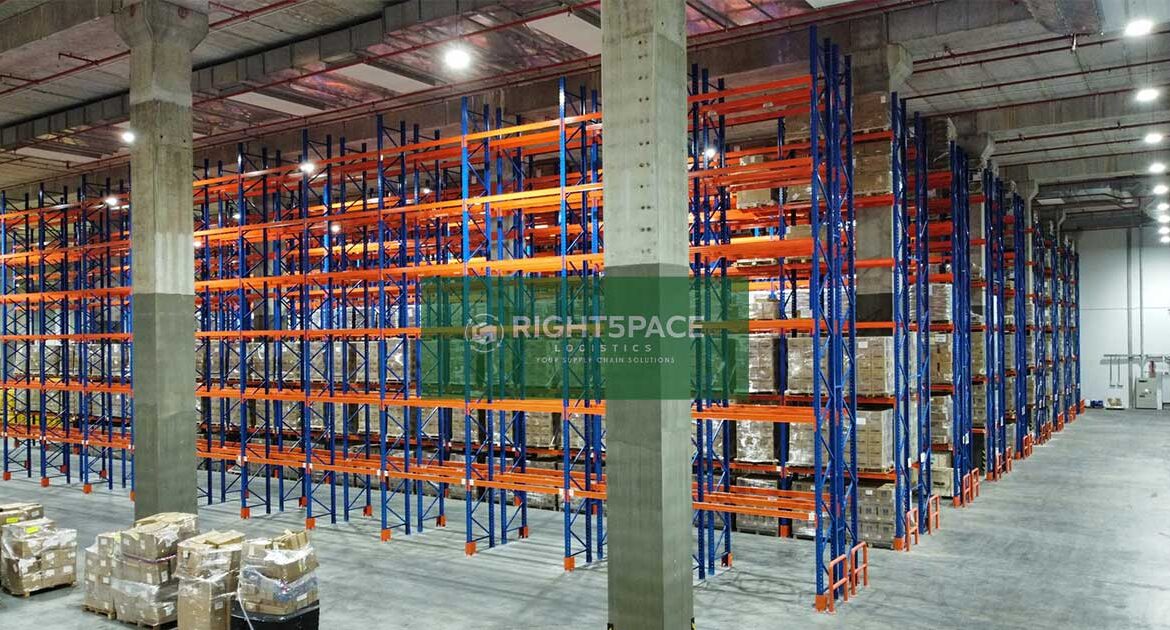What is Supply Chain Management?
Supply chain management (SCM) is the essential coordination and management of a series of processes that begin with sourcing raw materials and continue through production, warehousing, and distribution to reach the final consumer. With globalization and technological advances, SCM has evolved into a highly sophisticated system that incorporates innovative strategies and tools to meet consumer demands more efficiently and effectively.
Key Components of Supply Chain Management
- Planning
Planning is the starting point in SCM. It involves demand forecasting, resource allocation, and developing strategies to meet anticipated needs. Effective planning helps prevent supply disruptions, reduces costs, and ensures that goods flow smoothly from one stage to the next. - Sourcing
Sourcing involves selecting reliable suppliers who can provide the necessary materials or components required for production. Building strong relationships with suppliers can lead to favorable pricing, better quality, and a steady flow of materials. - Production
This stage covers the actual manufacturing or assembly of products. Efficient production processes focus on minimizing waste, maximizing quality, and ensuring timely completion of products to meet delivery schedules. - Inventory Management
Inventory management balances holding enough products to meet demand without overstocking. Efficient inventory management reduces storage costs, optimizes warehouse space, and minimizes the risk of stockouts or excess inventory. - Logistics and Distribution
Logistics is the backbone of supply chain management, encompassing transportation, warehousing, and delivery. Well-planned logistics ensure timely and efficient movement of goods from warehouses to their final destinations, whether retail stores or directly to customers. - Returns and Customer Service
Returns management, or reverse logistics, is an integral part of SCM that deals with product returns, recycling, and disposal. Effective customer service ensures customer satisfaction, leading to a more favorable brand reputation and customer loyalty.
The Importance of Supply Chain Management
Efficient SCM is essential in today’s highly competitive market. It can offer substantial cost savings, improve product quality, reduce lead times, and boost customer satisfaction. A well-managed supply chain enhances an organization’s responsiveness, allowing it to adapt to market changes and emerging trends with greater agility.
Trends in Supply Chain Management
With the rise of e-commerce, consumer expectations have evolved, prompting changes in supply chain strategies. Here are some current trends:
- Digitalization: Digital tools like AI, IoT, and blockchain are being used to monitor, analyze, and optimize supply chains.
- Sustainability: Many companies focus on environmentally sustainable practices, reducing carbon footprints, and promoting ethical sourcing.
- Resilience and Agility: In a world affected by disruptions like pandemics and trade issues, having a resilient and agile supply chain is vital to continue operations seamlessly.
Conclusion
Effective supply chain management is more than just a necessity; it’s a powerful tool that can define the success of a business. Companies that optimize their supply chain processes can enhance efficiency, reduce costs, and deliver better value to customers.
We Are Your Supply Chain Solutions
Visit our office
Unit L1 –A1, No. 1 Jalan Keluli, 2B /KU2, Kawasan Perindustrisan Bukit Raja, 41050 Klang, Selangor Darul Ehsan. Malaysia
Mail Us at
info@right5pacelogistics.com
With comprehensive, customized services designed to meet the unique needs of your business, we’re here to help streamline your supply chain and optimize your operations.

